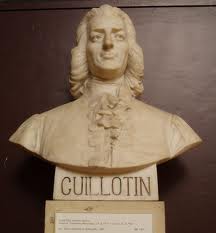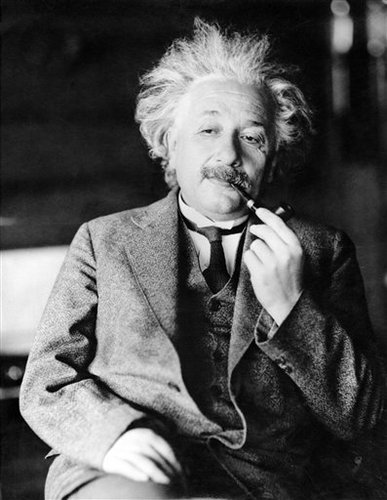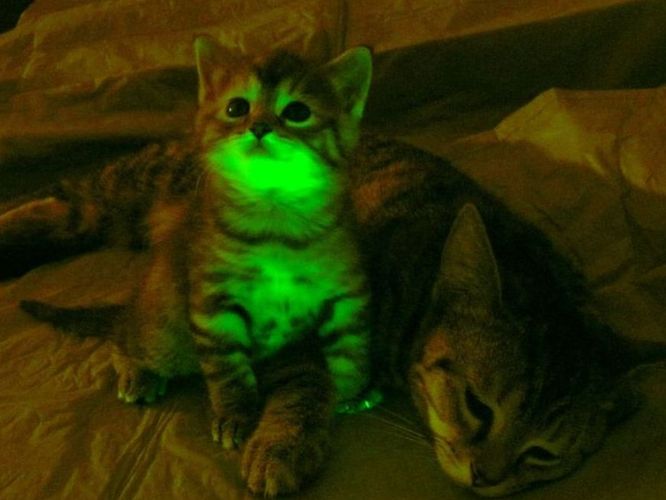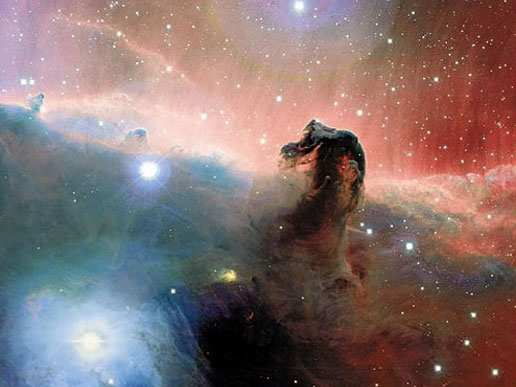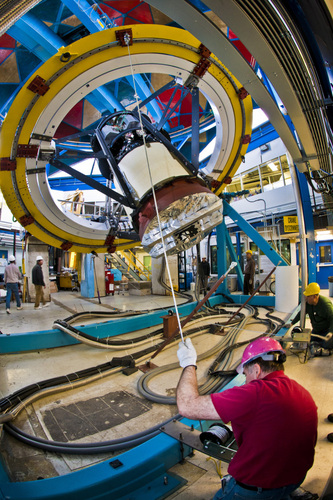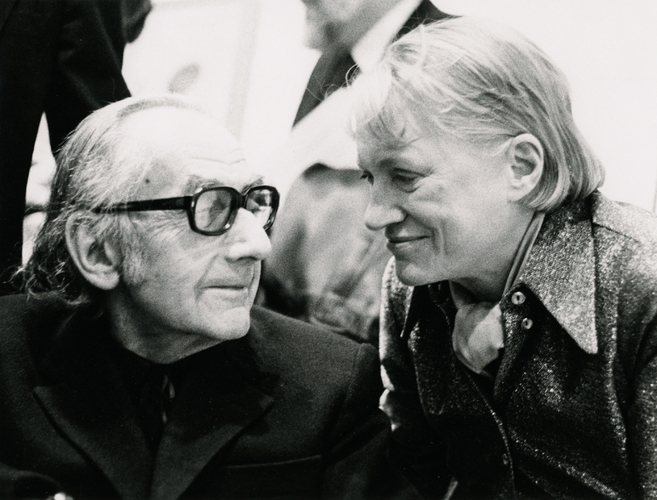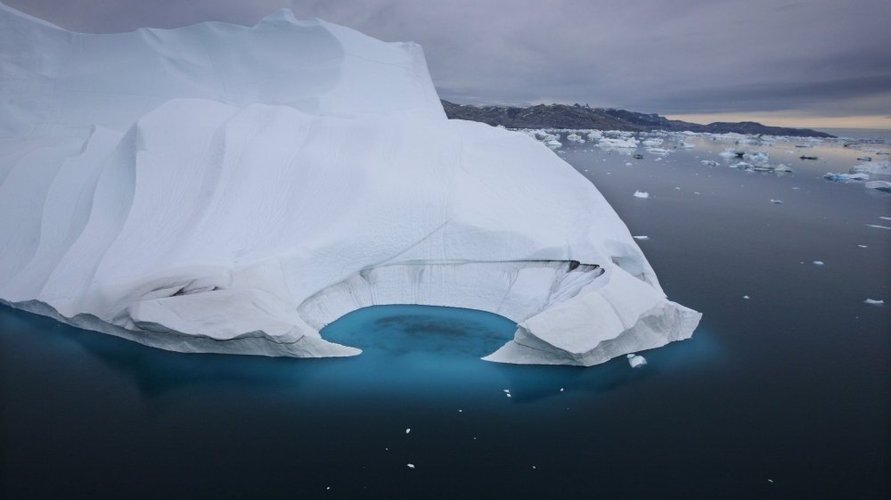 Sunday, October 2, 2011 at 11:13AM
Sunday, October 2, 2011 at 11:13AM Ken Burns' 'Prohibition' Recalls a Law So Strict It Was (Tee)totally Doomed
"'We were awash in alcohol in the 19th century,' says documentarian Ken Burns in a discussion with Audie  Cornish on Weekend Edition Sunday. Burns' Prohibition, beginning Sunday night on PBS, serves as the follow-up to his past series on topics as diverse as the Civil War, Jazz, the National Park system, and baseball."
Cornish on Weekend Edition Sunday. Burns' Prohibition, beginning Sunday night on PBS, serves as the follow-up to his past series on topics as diverse as the Civil War, Jazz, the National Park system, and baseball."
"The early installments of Prohibition paint the America that got itself into Prohibition as a nation that indeed had a massive drinking habit — several times as much alcohol as we consume now. That habit, Burns says, led to a temperance movement initially intended to encourage people to drink less, not nothing. But its goals gradually became more and more extreme until the law that ultimately passed to enforce Prohibition was far stricter than many had intended — so strict that it could not stand."


